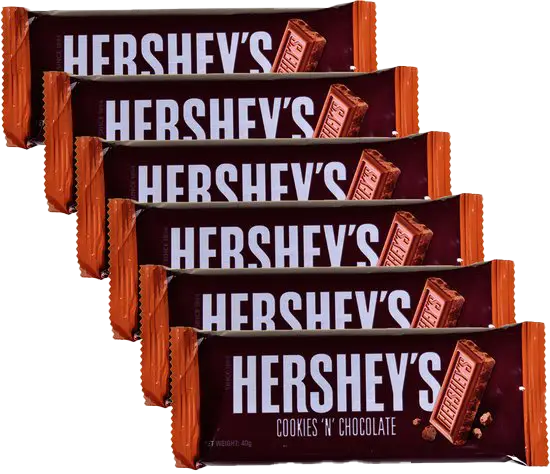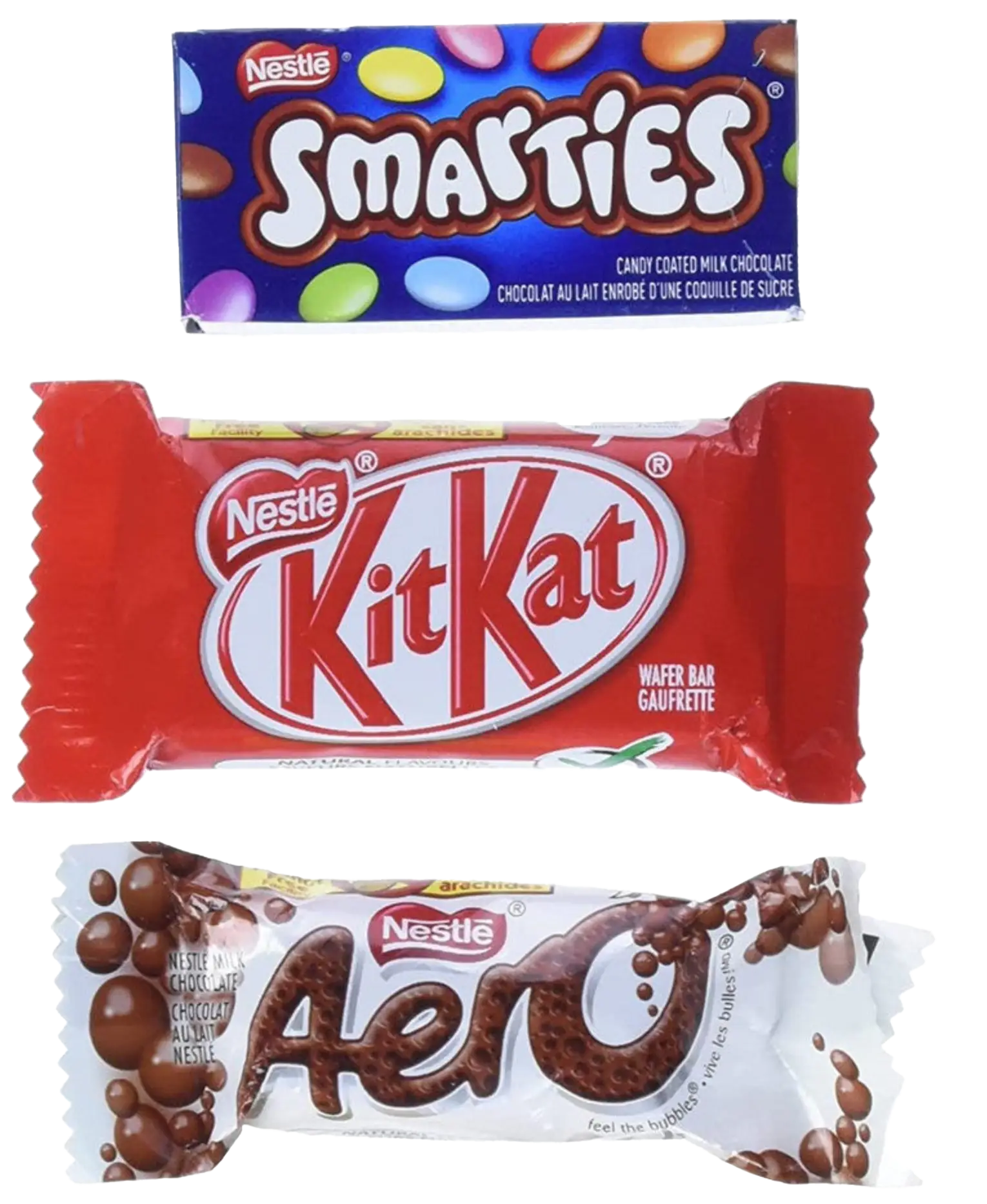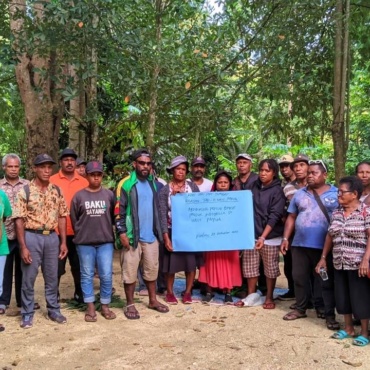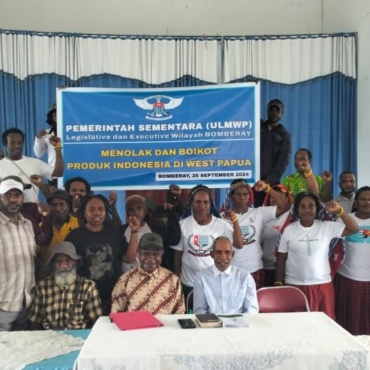Why are we boycotting Indonesia?
Indonesia earns billions by exploiting West Papua – gold, copper, nickel, gas, timber, palm oil.
But the Papuans never agreed. The so-called 'Act of Free Choice' in 1969 was far from free: 1,025 people voted under the threat of armed force on behalf of an entire population.
Since then:
Over 500,000 deaths
Massive deforestation
Thousands of villages destroyed
Culture systematically oppressed and eradicated.
Every time you buy a product made with stolen resources from West Papua, you are funding occupation, genocide, ecocide, and oppression.

WEST PAPUAN CALL
The call for a boycott of Indonesia was first made in December 2022 by the Pacific Conference of Churches (PCC), which called for a targeted boycott of Indonesian products in the Pacific.
Building on this demand, West Papuans are now asking people around the world to boycott Indonesian products, particularly those made using West Papuan resources. Through enormous mines and industrial plantations, Indonesia profits from West Papua’s natural wealth while denying its people their basic rights. Boycott Indonesia until West Papuans are finally allowed to hold the independence referendum they have been denied since the 1960s. Over 70 West Papuan tribes, political groups, and customary and civil society organisations have endorsed the boycott campaign.
Companies that profit from occupation and ecocide
We begin with a focus on palm oil products sourced from occupied West Papua. Palm oil is the fastest-growing cause of deforestation. The Indonesian state and international companies are enriching themselves, while West Papua is being destroyed.

Hershey's
At least five palm oil processing mills have been identified as supplying to Hershey’s, including three in Merauke Regency, a hotspot of deforestation and ecocide.

KitKat, Aero, Smarties
These three chocolate products are made by Nestle, which sources palm oil from three mills located in occupied West Papua.

Oreo, Ritz
Oreo biscuits and Ritz crackers are both owned by the parent company Mondelez International. Like Nestle, Mondelez has been identified as sourcing from three different palm oil mills in West Papua

Pantene, Herbal Essences
Pantene en Herbal Essences zijn haarverzorgingsproducten van het multinationale concern Procter & Gamble. Procter & Gamble betrekt palmolie van zeven raffinaderijen in West-Papoea.




